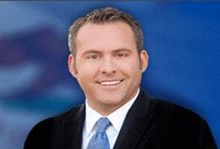State Assemblyman Adam C. Gray (D-Merced) expressed his outrage in a letter to the State Water Resources Control Board on Thursday over the board’s recent decision to label water used to grow food as a “wasteful and
unreasonable use,” and its developing plans to halt flows to farmers throughout the Sacramento-San Joaquin Delta watershed.
Gray blasts state Water Board





